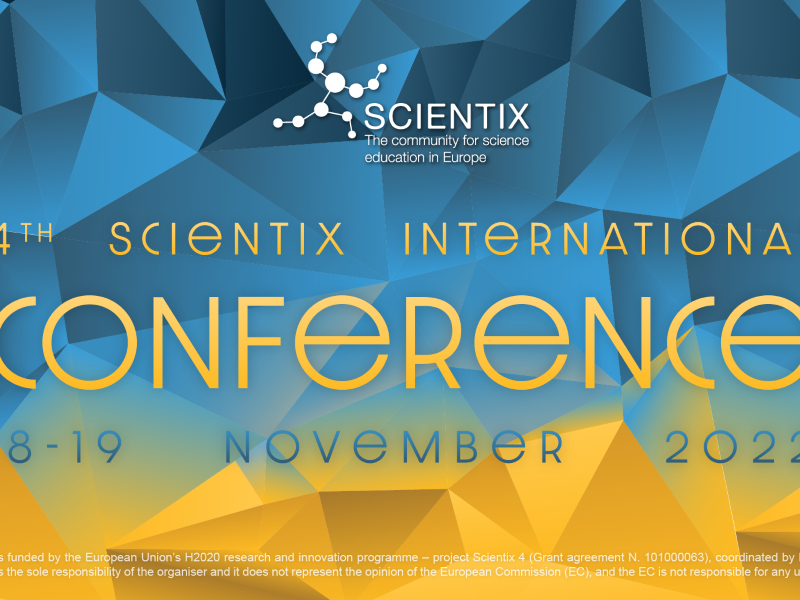Policy Influence Toolkit for Project Partners


The STEAMonEdu consortium has created the Policy Influence Toolkit – a set of tools and methods to develop policy influence strategy and implement advocacy work at local, regional, national and European levels. It is aimed at the consortium partners to support them in fostering the uptake of STE(A)M education in Europe, to establish reliable and structured methodologies to advocate for a specific policy change and conduct an overarching action addressing key stakeholders and wielding policy influence.
The main idea is to enable teachers, educators, authorities, policy makers and education and training providers involved in the project implementation to improve their outreach and services in lifelong guidance, training, mentoring and STE(A)M competence assessment and validation. Within this tool, cross-sectoral partnerships are promoted at local, regional, national and European level, at it serves as a guide for designing and implementing STE(A)M education policies adapted to local needs within the limits of a national framework.
The STEAMonEdu partners provided their inputs throughout a questionnaire where they identified the key elements they use or plan to use in order to run their advocacy campaigns.
In order to develop this Policy Influence Toolkit and support partners in advocacy work, a series of five online capacity building sessions were delivered by the project partner ALL DIGITAL, each one focusing on a different layer and scenario, with the purpose of supporting project partners to develop and consolidate their policy-making strategy and to ensure a transversal action across Member States involved in the action. These sessions were specifically conceived to provide clear insight to consortium partners on how the institutions operate and define which role each organisation can play when learning to put pressure on their own government and policy makers. The first two sessions focused on the key aspects and actors of policy making activity in general and influencing policy at European level. The third session discussed the activities at local level. The forth session was devoted to effective advocacy practice at national level, and the last session was centered on the most important aspects of effectively communication, including the tools for delivering advocacy messages, engaging policy makers and key stakeholders.
The STEAMonEdu partners have selected some key policy actors, according to the local, regional, national or international state of the art. They are school managers and directors of both formal and non-formal education, educators and trainers, and, of course, policy makers and authorities and employers (education sector employers, business employers, public sector employers).
Policy influence practices and tools, combined with capacity building activities, are key pillars of the Policy Influence Toolkit within the STEAMonEDU project. Thus, the guide presents the main procedures and tools currently available in order to exert policy influence in the relevant policy-making environments.
The focus is on the advocacy and policy making tools and methodologies identified for the STEAMonEdu project, to trigger specific and tailor-made actions in order to maintain the attention high and on the spot for STE(A)M Education, and conduct advocacy activity at European, national, regional and local level, to ensure a trans-national and structured action addressing the relevant policy making environments. The tools and practices must enable the STEAMonEdu project to effectively advocate at local/regional, national and European level.
By Colectic
Image from Pixabay


